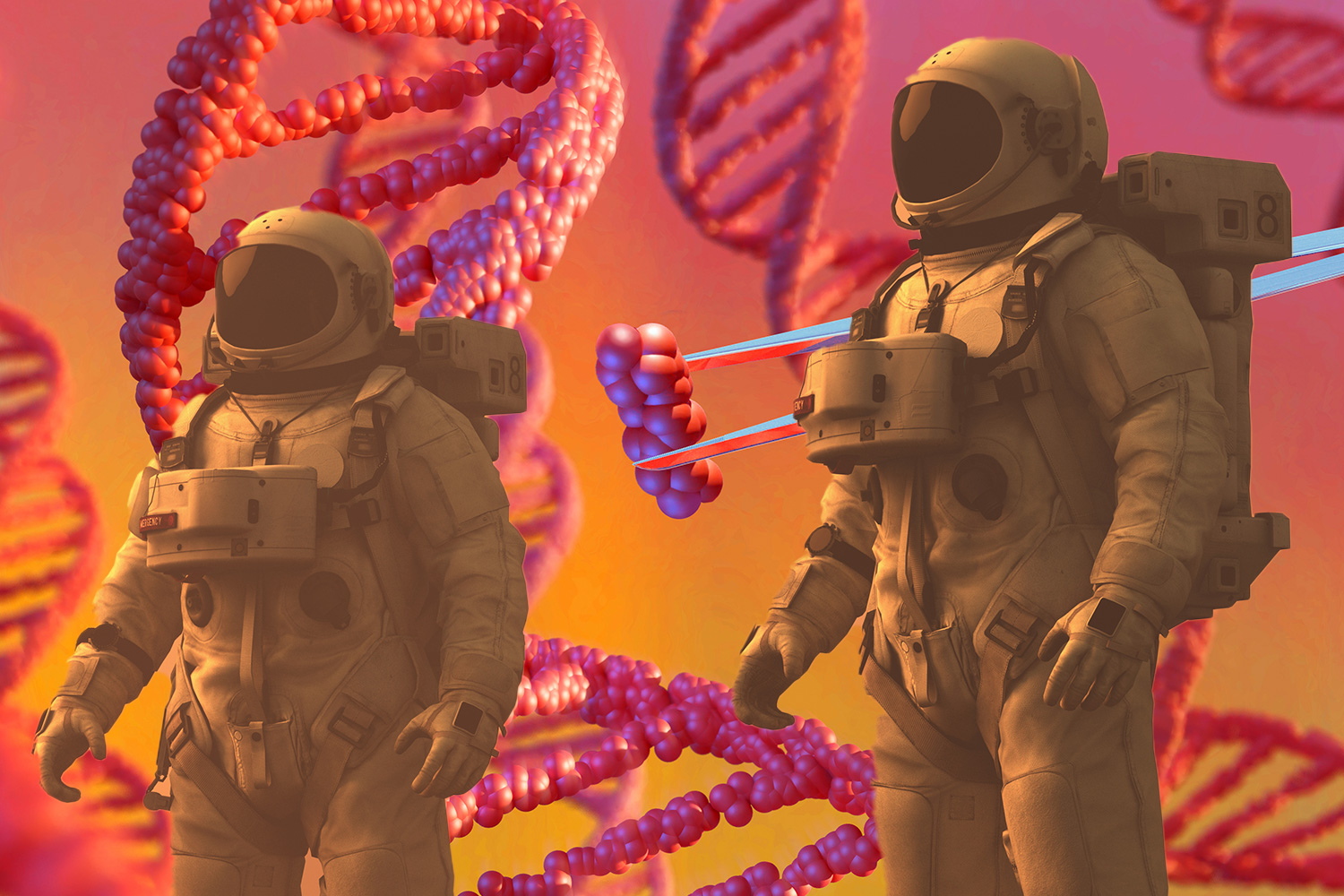Exploring the Potential of Genetically Modified Astronauts for Mars Colonization

Introduction
As humanity aims to colonize Mars by 2050, our innate biology poses significant barriers. To address these challenges, there is a growing interest in leveraging human genome modifications through genome editing technologies.
The Need for Genetically Modified Astronauts
- Our current physiology is not suited for the harsh conditions of Mars.
- Genetic enhancements could improve adaptability to low gravity and radiation.
- Previous advancements in genome editing hint at feasibility.
Advantages of Genome Editing
- Enhanced physical and mental resilience.
- Improved health and disease resistance.
- Increased efficiency in utilizing available resources on Mars.
Ethical Considerations
While the prospect of modifying humans raises significant ethical questions, the advancements in genome editing must be navigated carefully to ensure responsible application in space exploration.
Conclusion
In the quest to explore and potentially inhabit Mars, the concept of genetically modified astronauts could transform our capabilities. The integration of human genome technologies may not only make interplanetary life feasible but also lead humanity to new horizons.
This article was prepared using information from open sources in accordance with the principles of Ethical Policy. The editorial team is not responsible for absolute accuracy, as it relies on data from the sources referenced.